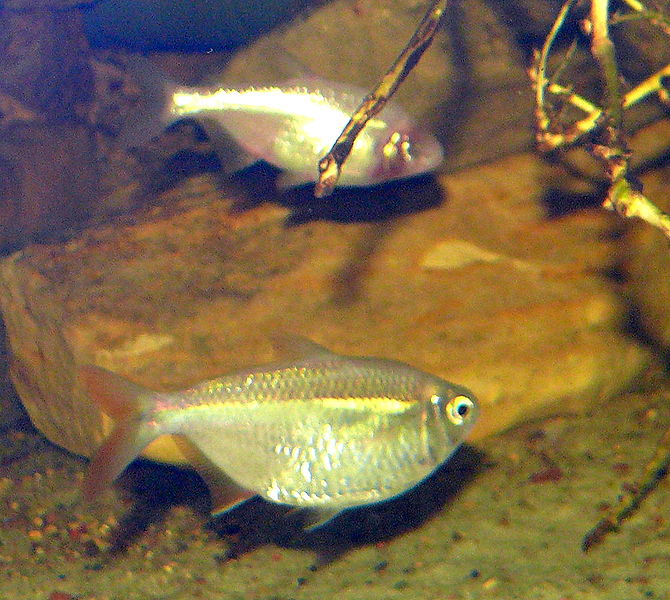"We still have not proven that mutations result in an addition to the information in a genome. Mutations can turn switches on or off, they can delete genetic information, they can result in redundancies that are usually detrimental... So what we have so far is further evidence of genetic information that is only sorted, deleted, turned off... but not new."
How are you defining information here? Is information extra DNA? Is information DNA that codes for a new function or trait? Is information the new trait or function itself? Does that trait have to be a complex system or simply an adaptation?
"Vestigial eyes support the type of evolution that Young Earth Creationists believe in.
http://creation.com/let-the-blind-see
- The results fit very comfortably in a framework of biblical creation history. This is not just because they highlight the devolutionary change involved in getting blind cave fish in the first place. It is also because the possibility of such a reconstruction would get progressively less likely, the more time that has elapsed since the fish were originally confined to their underworld existence.
- Talk of ‘evolution’ in relation to blind cave fish that descended from sighted ancestors is not appropriate if by that they mean the sort of change that can turn microbes into motor mechanics. Cave fish have arisen by processes that in fact demonstrate the opposite—deterioration of function, consistent with the ‘natural’ direction of genetic change in a fallen world."
Vestitical eyes can be accomodated by the Hebrew creation myth correct, just like the exact force of gravity predicted by Newton's theory can be accomadated by the religious idea that God makes everything move instead of gravity.
However, these vestigital eyes are still confirmations of the predictions of the Scientific Theory of Evolution.
Losing eyes is not devolution. For an animal in a cave, all the eye is, is a useless wet, disease risky piece of tissue on the face. Losing this eye or covering it up is evolution because it improves the design of the animal, not devolution. What if cats had a giant tumor-like bony weight at the end of their tails that used to serve a function but no longer do? Would you call it devolution if they lost this monstrocity so they could move faster?
 The appendix is evidence for evolution.
The appendix is evidence for evolution. 





